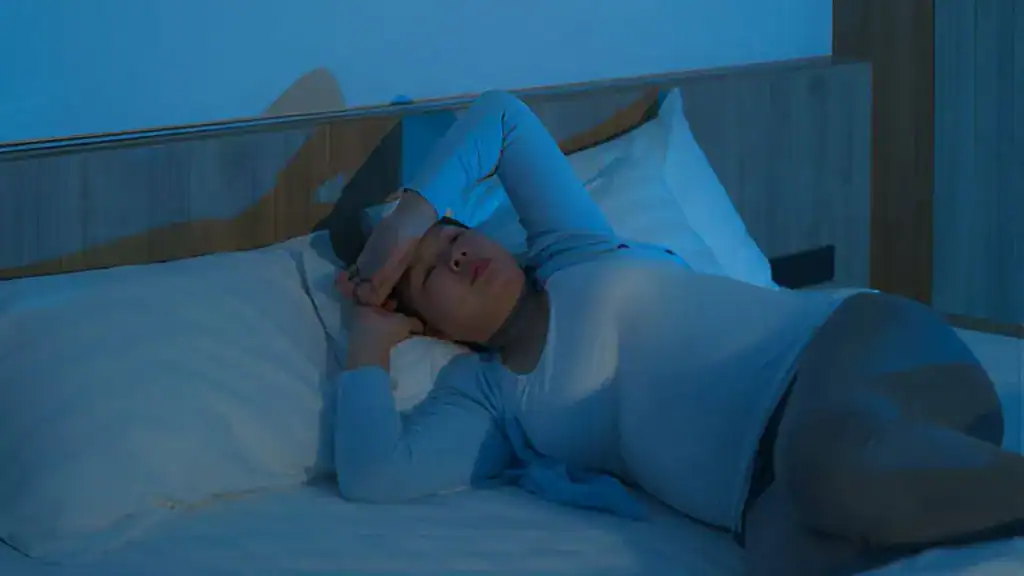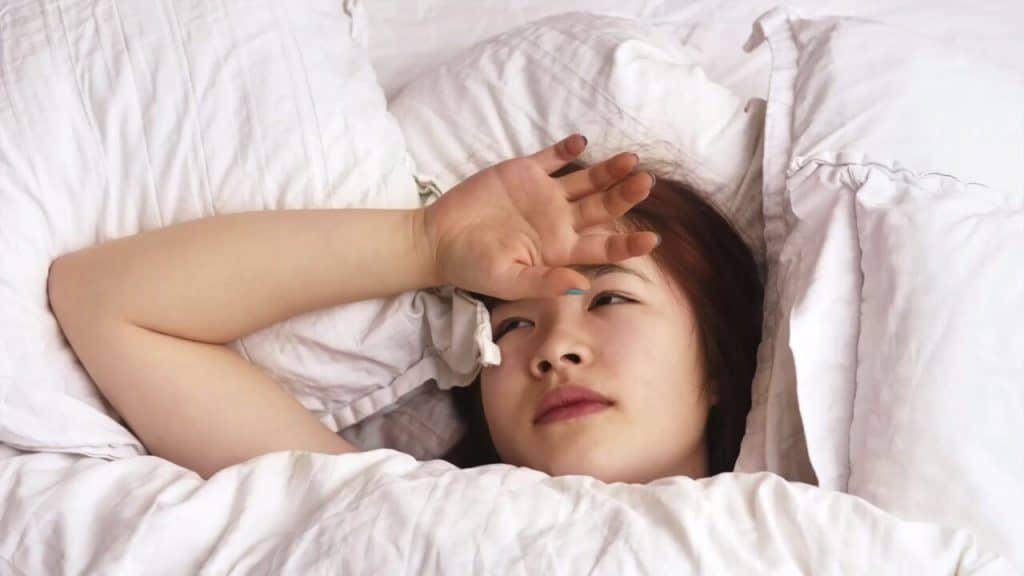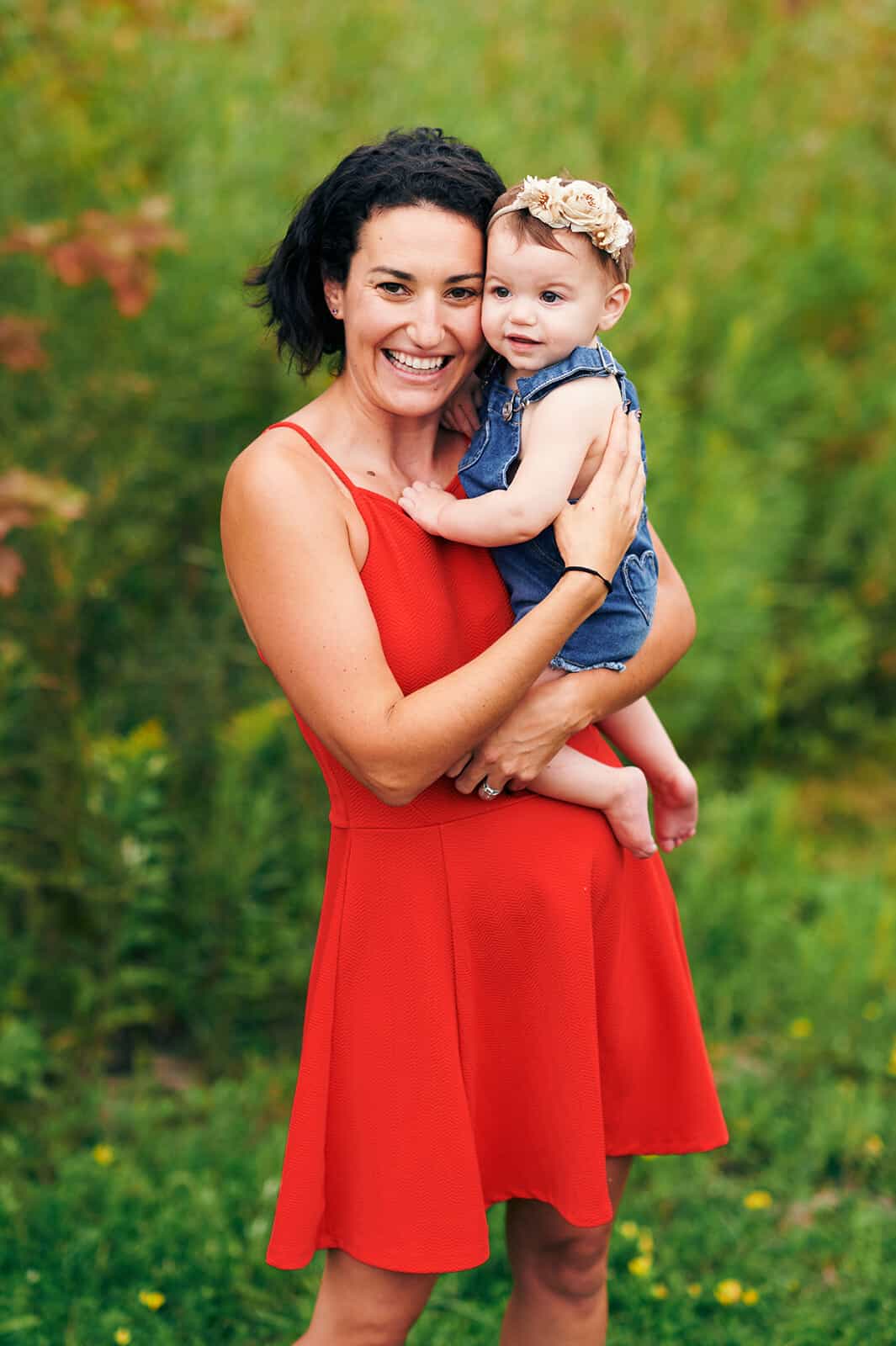
Table of Contents

Other moms who seem to have enjoyed childbirth experience serious night sweats, many of which disturb and shock them after giving birth.
Having sleeping sweats before getting up in a cold room is more frequent than one can imagine. This condition is also called postpartum night sweats, and it is experienced by approximately 30-35 per cent of women during the first weeks of giving birth.
In this guide, we will analyse what causes you to sweat after giving birth, its connection to hormonal changes and breastfeeding, and the self-care actions you can take.
And, we will inform you when night sweats may sound an alarm to something more serious, as per health related articles and other sources of reliable information.
What Are Postpartum Night Sweats?
Postpartum night sweats are extreme sweating, particularly at night, which can take place within the initial six weeks after giving birth. It is a normal healing process in the human body, and it is normally temporary. These experiences are reminiscent of menopause hot flashes, and women are wet and wake up in the middle of the night numerous times.
The perspiration will reach its climax within the first two weeks of bearing a child, although it may persist longer, mainly among breastfeeding mothers.
What Causes Postpartum Night Sweats?
Two main physiological changes cause postpartum night sweats:
Hormonal Fluctuations
Your body levels of estrogens and progesterone become elevated during pregnancy. The amounts of these hormones decrease drastically after delivery. The immediate change affects your hypothalamus, which is the portion of your brain that controls the regulating body temperature and can excessively respond and initiate intensive perspiration.
Prolactin the hormone that is released in the production of milk in breast feeding women may also be part of the reason as to the causes of night sweats. This is the reason why the night sweats in nursing mothers take longer.
Postpartum Fluid Loss
During pregnancy, the body retains excess fluids. The job is then to clear this retention after birth. The process is usually referred to as postpartum fluid loss and it occurs in the form of urination, lochia (the vaginal discharge) and excessive sweating at night.
What Are the Major Symptoms?
The symptoms of postpartum night sweats go beyond just being warm at night. They include:
- Drenching sweat that soaks through clothes and bedding
- Body odour due to hormonal changes and increased perspiration
- Disrupted sleep leading to insomnia and fatigue
- Mood changes, including anxiety and irritability
- Possible skin irritation or rash from prolonged dampness
In some cases, these symptoms can also exacerbate feelings of postpartum depression or anxiety. It’s important not to dismiss these experiences; support is available.
Tips to Manage Postpartum Sweating
The silver lining: Night sweats following childbirth are common and, in many cases, disappear on their own. However, you do not need to feel their pain. These are some of the tips, which are recommended by experts to contain the discomfort:
1. Create a Cool Sleep Environment
- Use breathable fabrics like cotton or bamboo for sleepwear and bedding
- Keep your room temperature low; use a fan or AC if possible.e
- Sleep on towels or moisture-wicking sheets to protect your mattress.
2. Stay Hydrated
Ironically, sweating a lot can lead to dehydration. Drink plenty of water throughout the day and night. A good indicator of hydration is light-colored urine.
3. Change Clothes and Linens Frequently
Having spare pyjamas and pillowcases nearby can help you switch out wet clothing quickly and stay comfortable.
4. Prioritize Hygiene
- Shower daily (or after heavy sweating)
- Use gentle, unscented soaps to prevent skin irritation.
- Change bras and underwear regularly, especially if you’re breastfeeding.
5. Try Talc-Free Powder
Some moms find relief using talc-free baby powder or cornstarch in areas prone to irritation to help absorb moisture.
How Long Do Postpartum Night Sweats Last?
In the majority of women, night sweats will gradually pass within 2 to 6 weeks after childbirth. The initial two weeks tend to be the toughest ones. However, in the case of breastfeeding, the symptoms can last longer because of the high prolactin level.
Remember that nobody heals the same. Other moms cease to perspire in days, others in months. It does not matter much as long as one notices an improvement in the symptoms over time.
When To See The Doctor?
Although postpartum night sweats tend to be innocent, some of them might be a sign of a greater problem, e.g., a postpartum infection or a hormone imbalance. Be sure to call your doctor in case you:
- Fever or chills
- Pelvic or abdominal pain
- Foul-smelling vaginal discharge
- Excessive bleeding
- Sweating that lasts beyond six weeks
- Symptoms interfering with sleep or mental health
You have undergone a crucial change in your body. When you get a sense that there is something wrong, then a visit to your health professional is available.
Postpartum Night Sweats: Final Conclusion
Night sweats after childbirth are normal, albeit a rather frustrating aspect of the postpartum experience. They are normal and fueled by hormonal changes and loss of fluids, and tend to last a couple of weeks.
Making efforts to remain cool, clean and maintain a good level of fluid intake can help you a lot in the matter of comfort as well as healing.
Most importantly, do not be afraid to contact your healthcare provider in case you experience what you consider to be an extreme and/or lengthy set of symptoms.
You and your body, mind and soul deserve support throughout this period.
So far as you have been having postpartum night sweats, keep in mind that you are not the only one, and your body is doing everything necessary to get itself back on track.
Postpartum Night Sweats FAQs:
Most postpartum night sweats peak in the first two weeks after childbirth and resolve by six weeks. They may last longer if you're breastfeeding.
Yes, they are a common part of postpartum recovery. Around 30–35% of women experience them due to hormonal changes and fluid loss after delivery.
Yes. Breastfeeding raises prolactin levels, which can affect body temperature regulation and prolong night sweats in some women.
Sleep in breathable fabrics, keep your room cool, stay hydrated, and change clothes or bedding as needed. Gentle hygiene can also help.
Contact a doctor if you experience fever, chills, foul-smelling discharge, heavy bleeding, or night sweats lasting beyond six weeks.










